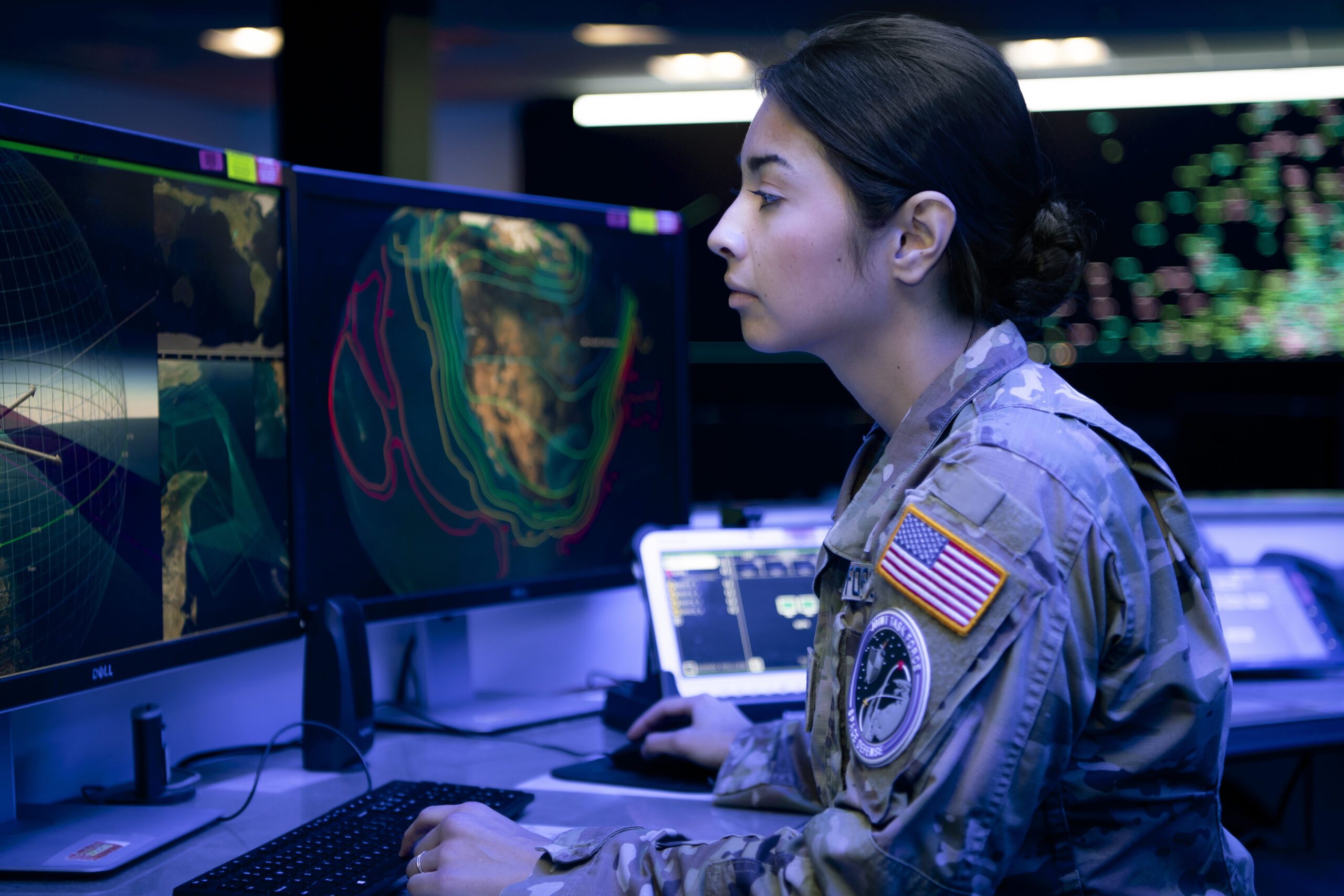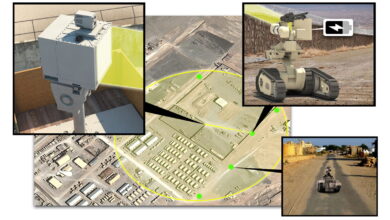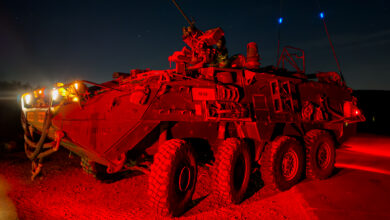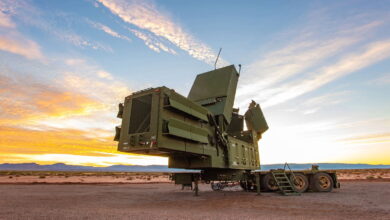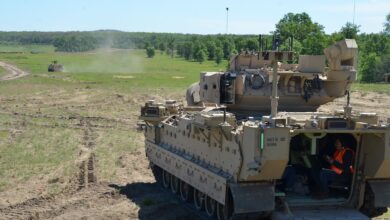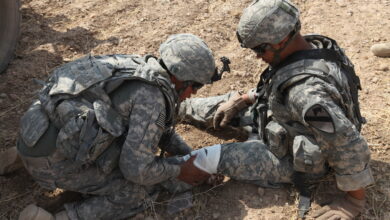The US Space Force has selected Fort Detrick in Maryland as the permanent location to train guardians in managing the American military’s satellite communications (SATCOM) capabilities.
The Wideband Transmission Controller Operator Course (WTCOC) offers preparations related to the control and transmission tasks of the Wideband Global SATCOM and Defense SATCOM System constellations that serve as the “backbone” network between US joint forces, the Pentagon, other government agencies, international partners, and NATO.
According to the force, the future schoolhouse in Maryland will incorporate real-time mission monitoring technologies and high-fidelity simulators that are exclusively available at Wideband Global SATCOM facilities.
It will also serve as a “first line of defense” for sustainment and support critical to military SATCOM links used across joint, combined, and interagency operations all year round, lessons of which were previously issued only at the US Army Cyber Center of Excellence at Fort Eisenhower in Georgia.
Lessons under the WTCOC will be facilitated by the Colorado-based 53rd Space Operations Squadron, the Space Delta 8, and the Army Wideband Control Systems Project Office. The course’s full program of record is scheduled to be transferred from the US Army to US Space Force by 2026.
The 86-day WTCOC course will cover approximately 686 training hours before a primary evaluation process. Passing guardians will have the opportunity to join the Schriever Space Force Base in Colorado and five other installations across Maryland, Hawaii, Japan, and Germany.
“Wideband military SATCOM delivers critical long-haul communications to enable the Joint Force and its mission partners to fight and win in any environment and against any adversary,” Space Force Military Communications & Positioning, Navigation, and Timing Program Deputy Director Lt. Col. Patrisha Knight stated.
“Access to a live WSOMS node allows students to shadow [Wideband SATCOM operations] to improve support for realistic training and expose students to operational scenarios they will encounter when supporting global military SATCOM operations.”

